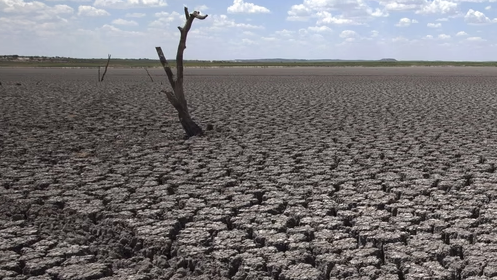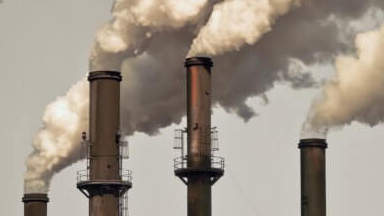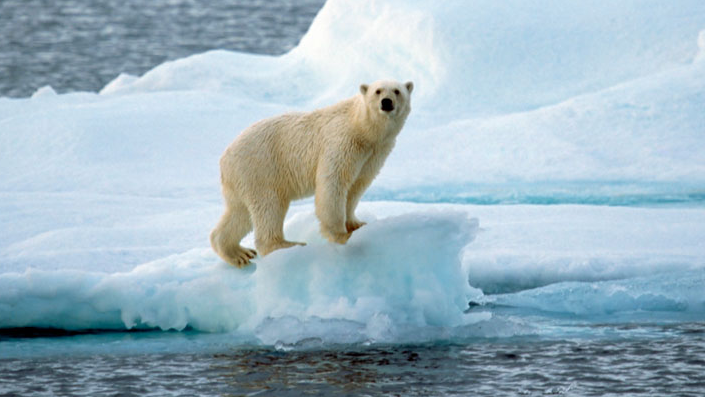In the chronicles of Earth’s history, the current epoch stands out not only for its technological advancements but also for an unprecedented challenge: rising global temperatures. As thermometers climb and records tumble, the spectre of climate change looms larger than ever, posing existential threats to ecosystems, societies, and the very fabric of life on our planet.
The Phenomenon of Rising Temperatures
Scientific consensus affirms that Earth’s average surface temperature has risen approximately 1.2 degrees Celsius since the late 19th century, with the pace accelerating in recent decades. This warming trend, attributed largely to human activities such as burning fossil fuels and deforestation, has profound implications across the globe.
Impacts on Ecosystems and Biodiversity
The repercussions of rising temperatures reverberate through Earth’s natural systems. From melting polar ice caps and glaciers to disrupted ocean currents and altered precipitation patterns, ecosystems face unprecedented challenges. Species are forced to adapt or face extinction as habitats shift and food chains are disrupted, threatening biodiversity on a global scale.

Human Health and Societal Consequences
Closer to home, the human toll of rising temperatures is palpable. Extreme heat waves claim lives, particularly among vulnerable populations such as the elderly and those with pre-existing health conditions. Changing climate patterns exacerbate water scarcity and food insecurity in already fragile regions, leading to societal unrest and mass migrations as communities seek more habitable environments.
Economic Ramifications and Infrastructure Challenges
Economically, the impacts of climate change are staggering. Agricultural yields fluctuate unpredictably, affecting food prices and global supply chains. Increased frequency and intensity of natural disasters—such as hurricanes, floods, and wildfires—inflict billions in damages annually, straining economies and overwhelming infrastructures designed for a more stable climate.
The Role of Greenhouse Gas Emissions
At the heart of the warming crisis lie greenhouse gases, predominantly carbon dioxide, methane, and nitrous oxide, which trap heat in the atmosphere? Efforts to curb emissions through international agreements like the Paris Agreement aim to limit global temperature rise to well below 2 degrees Celsius, with efforts to pursue 1.5 degrees Celsius, to avoid the most catastrophic impacts of climate change.

Technological and Policy Solutions
Addressing rising temperatures necessitates a multifaceted approach. Transitioning to renewable energy sources such as solar and wind power reduces reliance on fossil fuels, curbing emissions and fostering sustainable development. Innovations in carbon capture and storage offer promising avenues to mitigate existing greenhouse gases in the atmosphere.
Community Action and Individual Responsibility
While global policies and technological advancements are pivotal, individual actions also play a crucial role in mitigating climate change. Adopting energy-efficient practices, reducing waste, and advocating for sustainable policies at local and national levels collectively contribute to reducing carbon footprints and fostering a culture of environmental stewardship.
The Urgency of Collective Action
In confronting the challenge of rising temperatures, time is of the essence. Urgent and coordinated efforts are required across sectors and borders to curb emissions, build resilience, and safeguard the planet for future generations. The choice to act decisively now will determine the legacy we leave for our children and the viability of life on Earth.

Conclusion: A Call to Preserve Our Planet
The rising Earth temperature is not just a scientific phenomenon or a political issue—it is a moral imperative and a shared responsibility. By embracing sustainability, innovation, and global cooperation, we can mitigate the impacts of climate change and chart a course towards a more equitable, resilient, and habitable planet. Together, let us heed the call to protect our home, Earth, for ourselves and for all living beings who share this wondrous place we call home.
